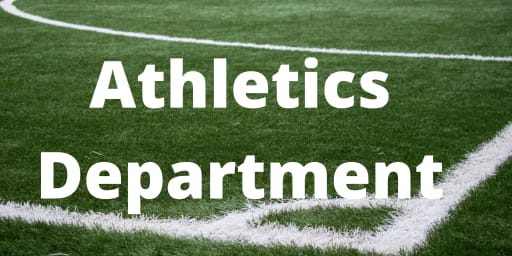Forging a career in the multifaceted world of athletic administration requires passion, dedication, and a certain set of skills. Whether your interests lie in managing teams, promoting events, or creating recreational programs, the path to success is laden with exciting challenges and learning opportunities. To thrive in this dynamic field, it is essential to understand the qualifications required, cultivate a strong network, and remain abreast of educational advancements. Below, we delve into the resources that can pave the way to a fulfilling career in athletic administration. Keep reading to discover how you can kickstart your journey in this competitive industry.
Networking Strategies for Aspiring Athletic Administrators
Networking is essential in athletic administration, opening doors to mentorships, partnerships, and job opportunities. Attending sports management conferences, workshops, and cpr classes provides valuable chances to connect with industry professionals and learn new skills. Joining professional organizations also grants access to exclusive events and networking opportunities that keep members informed about career prospects.
Building an online presence is equally important. Platforms like LinkedIn allow aspiring administrators to connect with peers, join industry groups, and highlight their achievements. Informational interviews with seasoned administrators can offer insights into the role while expanding one’s network and paving the way for future career advancements.
Top Athletic Administration Programs and Certifications
Athletic administration programs provide students with essential skills for success in the sports industry. Universities offer undergraduate and graduate degrees in sports management, financial management, ethics, and law.
Graduate-level programs, such as master’s degrees, offer a more nuanced understanding of the industry, focusing on organizational behavior, sports economics, and marketing strategies.
MBA programs with a sports management concentration can propel administrators to high-level positions. Certifications in project management, digital marketing, or event planning can also be beneficial in the multifaceted world of sports management.
Leveraging Social Media to Advance Your Athletic Administration Career
Social media is a crucial tool for athletic administration professionals, allowing them to share success stories, highlight events, and engage with the community. This visibility attracts potential employers and colleagues, promoting career growth.
It’s essential for administrators to stay active on social media, sharing industry trends and participating in relevant conversations. This can establish a candidate as a thought leader and go-to professional within their network.
Social media can also serve as a platform for advocacy and change, addressing issues like athlete welfare, diversity, and inclusion in sports. Administrators can lead by example and drive impactful conversations.
Essential Qualifications for a Career in Athletic Administration
A career in athletic administration starts with a strong educational foundation, often requiring a bachelor’s degree in sports management, business administration, or a related field. Pairing industry knowledge with leadership skills is essential, and gaining hands-on experience through internships or volunteer roles provides invaluable insight into sports management.
Certifications in areas like facility management or marketing can boost a candidate’s appeal in this competitive field. Staying updated on trends and legislation is vital, along with honing interpersonal skills such as communication, conflict resolution, and strategic planning to effectively lead teams and organizations.
Key Athletic Administration Professional Organizations to Join
Joining professional organizations like the National Association of Collegiate Directors of Athletics (NACDA) and the North American Society for Sport Management (NASSM) is crucial for athletic administrators. These organizations offer educational resources, networking opportunities, and industry recognition. Membership provides insights into academic breakthroughs and practical applications in the field.
Regional and local groups also offer targeted opportunities and resources, hosting conferences and workshops for members to connect and learn from each other. Participation in these organizations often includes access to exclusive job boards, professional development workshops, and mentoring programs, which can significantly advance the field of athletic administration.
Overall, aspiring athletic administrators have a wealth of resources at their fingertips. From educational programs and certifications to professional networking and social media strategies, there are numerous avenues to pursue. The journey to a career in athletic administration is one of continuous learning and connection, paving the way for a rewarding and dynamic career in sports.



